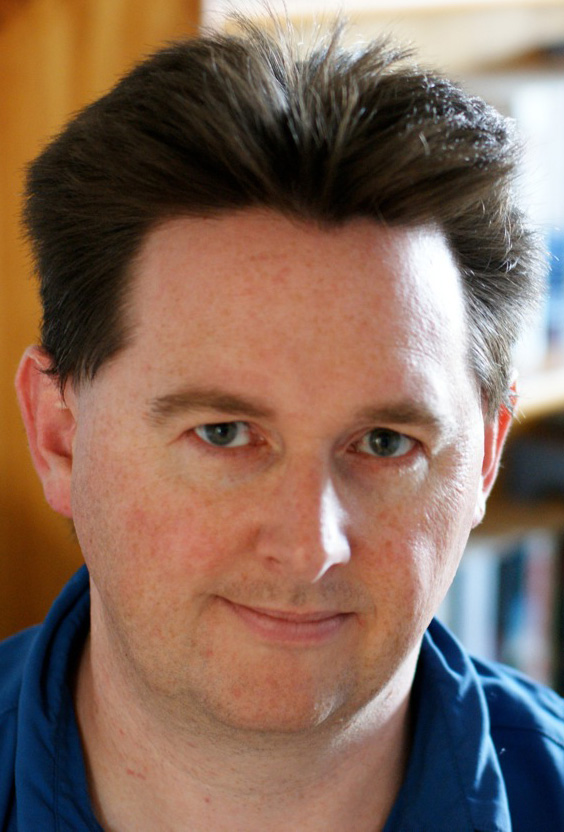AFP: net filter trials were legal

Trials of the government's internet content filter were legal according to the Australian Federal Police (AFP), which has thrown out claims by network engineer Mark Newton that the tests breached the Telecommunications Act.

Mark Newton (Credit: Supplied)
Newton, a vocal opponent of the government's content filter plans, took up claims with the Department of Broadband Communications and the Digital Economy (DBCDE) that a device used in the 2008 net filter trials had captured user data, and breached the law in doing so.
The M86 R3000 web filter device had appeared to intercept traffic from subscribers of internet service providers participating in the trials, Newton said, which would breach section 7(1)(b) of the Telecommunications (Interception and Access) Act 1979. He also claimed that the department breached section 7(1)(c) of the Act by doing "any act or thing" that enabled participants to intercept, namely paying for the equipment they used.
But the claim has now been binned on advice from the Commonwealth Director of Public Prosecutions after bouncing around bureaucratic circles for more than a year.
"The Commonwealth Director of Public Prosecutions found that no breach of the Telecommunications (Interception & Access) Act had occurred," an AFP spokesperson said in a written response, adding that Newton has been notified of the decision by mail.
Newton said that he had not yet seen this letter and declined to comment until he was able to read it.
Newton first sent his claim to the DBCDE, but said he had been "stonewalled" and had received inference that the department considered the trials legitimate.
He then put in a request to the Federal Attorney-General's Department at the behest of the DBCDE, which followed a complaint filed to the Commonwealth Ombudsman by Newton for lax responses.
The claims escalated to the AFP after the Attorney-General's Department said it did not deal with external requests to investigate instances of unlawful interception.
"I also believe that [the DBCDE] response thus far has been inadequate. Where they have designed to respond at all, they have spun the process out, employed needless secrecy and misinterpreted their own technical data," Newton said in a letter to the AFP.
"[Its] conduct has exceeded the scope of Senator Conroy's accusations against Google. If Google has committed the largest privacy breach in history across Western democracies, then it seems obvious to me that DBCDE has also committed, authorised, suffered, permitted and enabled exactly the same wrong only grander in scope."
The M86 R3000 device is designed to sift for blacklisted content by listening to internet traffic to and from subscribers involved in the trial, Newton said.
It had connected to a provider's "mirrored port" and obtained "a copy of the traffic traversing it", according to documents sent by the DBCDE to Newton.
In response, Newton said "a complete transcript of all internet data is supplied to the R3000 for monitoring" which may breach the Act, regardless of the claim by vendor M86 that the device only "inspects" outgoing web requests and examines destination URLs.